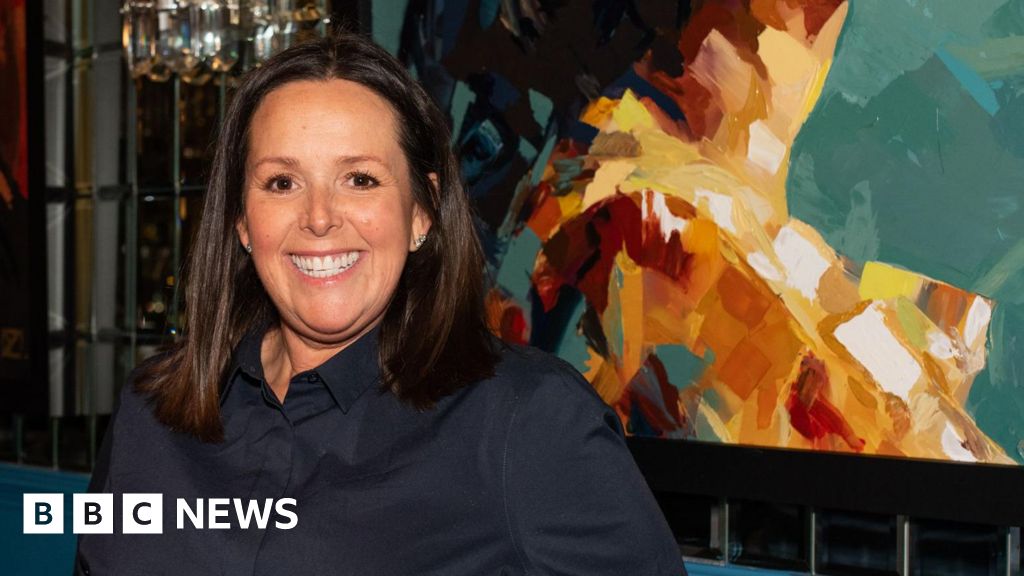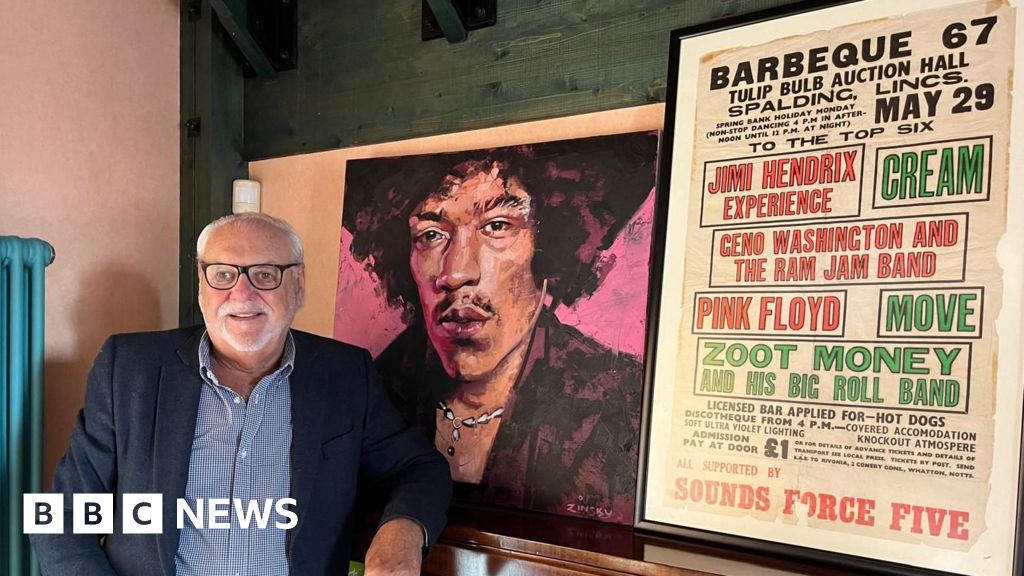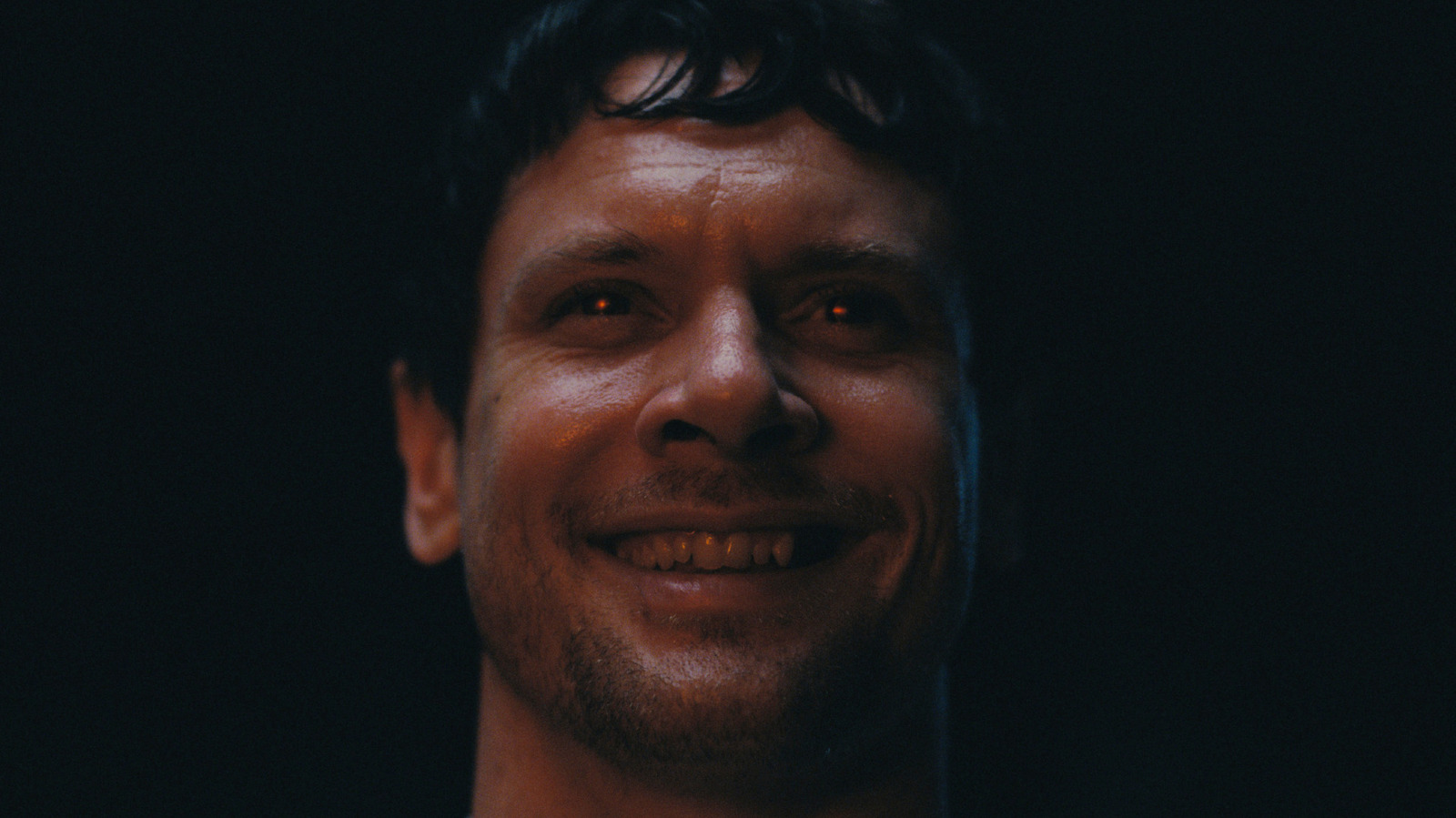The Soundtrack of Romance: How 'Love Is Blind' is Redefining Reality Show Music

In the latest season of Netflix's popular reality show "Love Is Blind," viewers were treated to an evocative soundtrack that featured a host of well-known pop songs, marking a significant shift from the lesser-known tracks that often accompanied pivotal moments in previous seasons. Iconic hits such as Billie Eilish's "Birds of a Feather," Miley Cyrus's "Wrecking Ball," Justin Bieber's "Holy," Ariana Grande's "Into You," and Selena Gomez's "Lose You to Love Me" played during key romantic encounters, enhancing the emotional weight of the narrative. Chris Coelen, the creator of the show and CEO of Kinetic Content, explained that this shift in musical approach coincided with the show's fifth anniversary. "With Season 8, we wanted to embrace popular music in a substantial way," he stated, emphasizing the intentional decision to integrate recognizable songs throughout the season's episodes. "We wanted to elevate the viewer experience, as music is deeply connected to emotions and enhances storytelling." "Love Is Blind" is not alone in this trend, as many reality shows are now blending well-known tracks with original compositions. Jody Friedman, music supervisor for "The Bachelor," noted the challenges associated with using artificial intelligence for music scoring, highlighting the risks involved with copyright issues. According to Friedman, the traditional music landscape remains dominated by directly licensed songs, original compositions, or covers, which can offer a more cost-effective alternative for productions. In a typical production, music supervisors often rely on music libraries, which provide a vast catalog of songs for licensing. If a specific song proves too expensive, supervisors can look for alternatives that evoke similar feelings without the hefty price tag. For example, indie music libraries may charge between $1,000 and $1,500 for a song’s usage, while high-profile commercial songs can range from $20,000 to over $100,000, depending on the nature of the licensing agreement. Historically, "Love Is Blind" utilized popular music sparingly, with a notable exception being Lee Ann Womack's "I Hope You Dance" during Season 4. However, the frequency of Top 40 hits in the latest season represents a marked departure from this practice. Coelen noted, "The inclusion of these songs not only elevates the emotional impact but also resonates with viewers on a personal level." The use of popular music varies across different reality shows. For instance, "Love Island USA" has also incorporated recognizable tracks, including Chappell Roan's "Kaleidoscope" and Sabrina Carpenter's "Please Please Please," with executive producer James Barker explaining the show’s intent to create a vacation-like atmosphere where sharing music is a natural part of the experience. "The show aims to feel like a getaway with friends, and music is an integral part of that." Music supervisor Sara Torres further elaborated on the strategy of using covers, noting that this approach can attract a broader audience. "By providing a new rendition of a familiar song, we might engage listeners who wouldn't typically delve into pop music, prompting them to explore the original versions," she explained. Unlike "Love is Blind," which has a rapid production cycle, "The Bachelor" benefits from longer lead times, allowing for more meticulous planning regarding music choices. Friedman noted that the current season, the show's 29th, featured memorable tracks, including a cameo from Cardi B, Bad Bunny, and J Balvin's "I Like It" during a pivotal moment in Madrid. He mentioned the historical use of artists like Colbie Caillat, Boyz II Men, and Billie Eilish, confirming that recognizable pop songs play a significant role in creating memorable episodes. Overall, both Coelen and Barker acknowledged the importance of integrating popular music into their shows. Coelen stated simply, "The answer is yes," in response to whether they would continue this trend, while Barker emphasized the connection between viewers and the music they love. "Not only do viewers engage with the characters, but the songs they care about also find representation on television, creating a bridge between the audience and the performers they follow," he concluded.

















